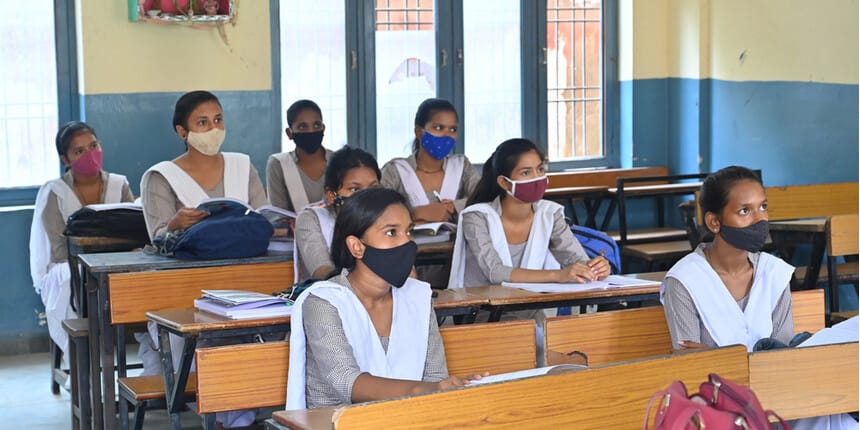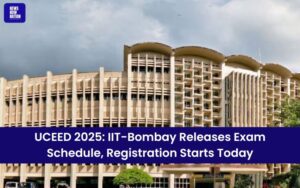
The All India Survey on Higher Education (AISHE) for 2020–2021 has been published by the Ministry of Education (MoE), Government of India.
The AISHE gathers comprehensive data on a variety of factors, including student enrolment, instructor statistics, financial data, and infrastructure data, among others.
The survey shows that the Gross Enrolment Ratio (GER) for female students has surpassed that for male students.
According to the AISHE, the Gender Parity Index (GPI), which measures the difference between female and male GER, rose from 1 in 2017–18 to 1.05 in 2020–21.
Female enrollment increased somewhat from 1.88 crores in 2019–20 to 2.01 crores. The report also noted that the proportion of female enrollment to overall enrollment climbed from 45 percent in 2014–15 to 49 percent in 2020–21. The research also noted that there has been a 44 lakh (or 28 percent) increase in the number of women enrolling.
Since 2014–15, there has been an increase of almost 44,00,000 (28%). The Ministry stated in the AISHE that this means the proportion of female enrollment to total enrollment has increased from 45% in 2014–15 to almost 49% in 2020–21.
Additionally, the overall number of students enrolled in higher education increased from 3.85 million in 2019–20 to about 4.14 million in 2020–21. Enrollment has increased by about 720,000 since 2014–15. (that is 21 percent).
In the meantime, the number of female students enrolled rose from 1.88 million in 2019–20 to 2.01 million in 2020–21.
The research also noted that female candidates had enrolled in science programmes at a higher rate than male candidates.
According to the AISHE results, there were 6.14 lakh more female students enrolled in North East States in 2020–21 than there were male students, who made up 5.92 lakh.
This means that there are 104 more female students in the North East Region than there are male students.
Since 2018–19, when female enrollment for the first time surpassed male enrollment, this unexpected trend has been present in the North East.
73.1 percent and 34.5 percent of this enrolment, respectively, are contributed by government universities and colleges (almost 59 percent and 21.4 percent of the total).
The top six states in terms of student enrollment are Uttar Pradesh, Maharashtra, Madhya Pradesh, Tamil Nadu, Karnataka, and Rajasthan.
Since 2011, the Ministry has been conducting the AISHE, which includes all higher education institutions in the nation.






